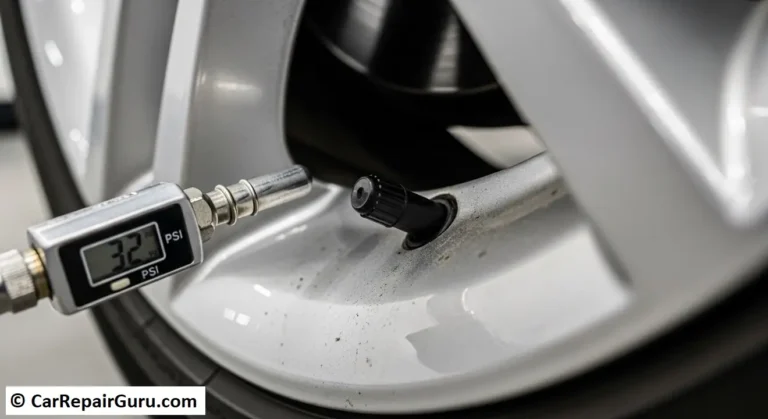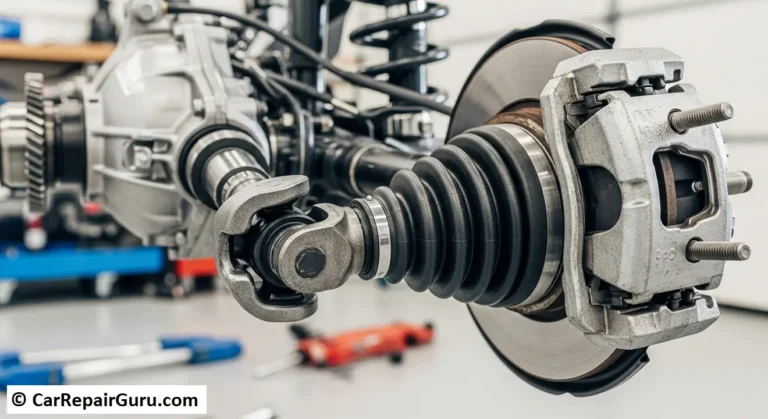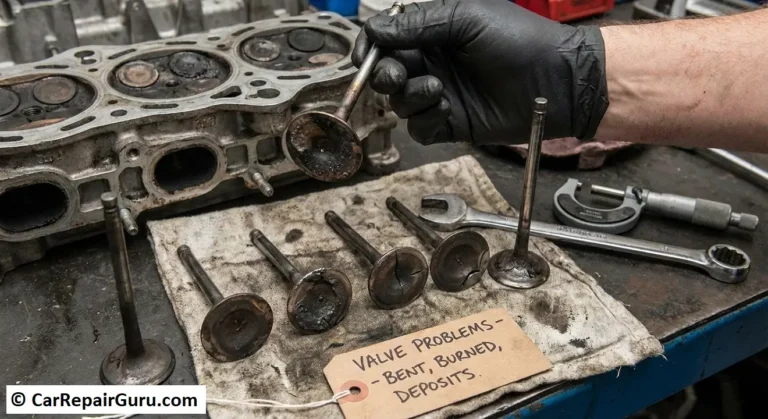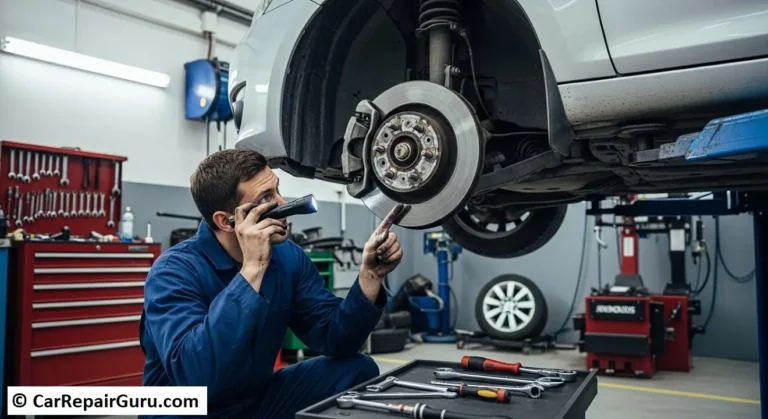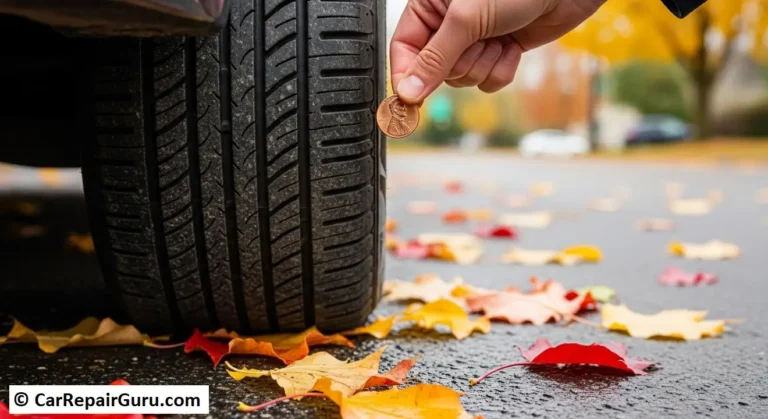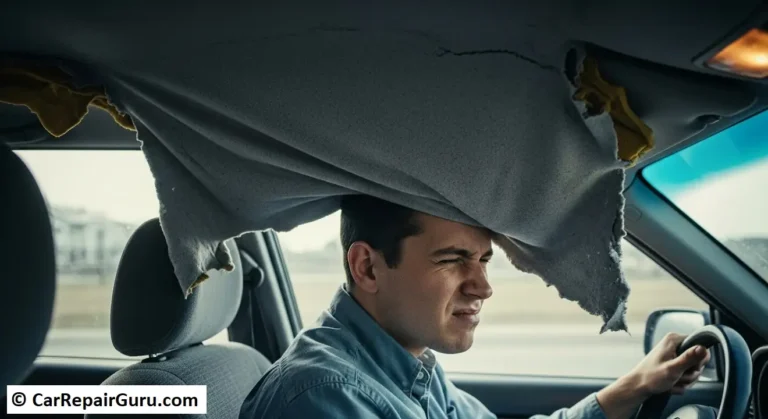
When it comes time to sell or trade in your vehicle, resale car value becomes a crucial factor. But what exactly does it mean? Simply put, resale car value is the amount your car is worth in the used car market at any given time. This value isn’t fixed—it fluctuates based on factors like mileage, condition, demand for your car’s make and model, and overall market trends.
Understanding your car’s resale value is important because it directly affects how much money you’ll get when selling or trading it in. A well-maintained car with a strong resale value can put more cash in your pocket or reduce the cost of your next vehicle purchase. On the other hand, a poorly maintained car with excessive wear and tear may fetch a lower price.
The good news? You can take steps to preserve and even enhance your car’s resale value. In this guide, we’ll explore the key factors that influence it and practical tips to maximize your car’s worth.
Factors Influencing Resale Car Value
When selling or trading in a car, several factors determine how much it’s worth in the used car market. Understanding these elements can help you maximize your vehicle’s resale car value and make informed decisions when buying your next car.
1. Age and Mileage
One of the biggest factors impacting car resale price is age and mileage. The older a car gets, the more it depreciates, losing value each year. However, mileage often plays a bigger role than age. A five-year-old car with 50,000 miles may be worth more than a three-year-old car with 100,000 miles. This is because higher mileage means more wear and tear on crucial components like the engine, transmission, and suspension.
Most cars experience the steepest depreciation within the first three to five years. After that, the rate of depreciation slows, but high mileage still negatively affects resale value. Regular maintenance and service records can help counteract some of the depreciation effects.
2. Make and Model Popularity
Some vehicles hold their value better than others simply because they are in high demand. Brands known for reliability, such as Toyota, Honda, and Subaru, tend to have strong resale values because buyers trust their longevity and low maintenance costs. On the other hand, luxury cars and brands with expensive repair costs may depreciate faster due to high ownership costs.
Additionally, certain body styles like SUVs and trucks generally retain their value better than sedans because of their popularity in the market. If you’re buying a new car and want to protect its resale car value, researching which makes and models hold their value best can help you make a smarter purchase.
3. Vehicle Condition
A car’s physical and mechanical condition plays a significant role in determining its trade-in value. Buyers and dealerships pay close attention to:
- Exterior condition: Dents, scratches, rust, and faded paint can lower resale value.
- Interior cleanliness: Stains, torn seats, and odors from smoking or pets can make a car less appealing.
- Mechanical reliability: A well-maintained car with a full service history and no major repairs needed will command a higher price.
Regular oil changes, brake inspections, and minor repairs can help maintain car resale value over time.
4. Market Trends
The broader economy and market conditions can also affect used car values. For example:
- Fuel prices: When gas prices rise, fuel-efficient cars and hybrids become more valuable, while large SUVs and trucks may see lower demand.
- Supply chain issues: A shortage of new cars (like during the recent global chip shortage) can increase used car prices.
- Seasonal demand: Convertibles sell for higher prices in the summer, while AWD vehicles may see higher demand in winter.
By staying informed on market trends, you can time your sale to get the best resale price for your car.
How to Determine Your Car’s Resale Value
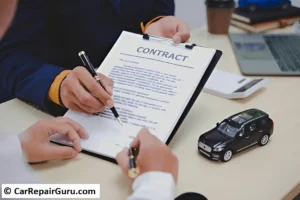
Knowing your car’s resale value is essential before selling or trading it in. Pricing it too high could make it difficult to find a buyer, while pricing it too low means you leave money on the table. Fortunately, there are several reliable ways to determine your car’s market worth.
1. Utilizing Online Valuation Tools
One of the easiest ways to get an estimate of your used car value is through online appraisal tools. Platforms like Kelley Blue Book (KBB), Edmunds, and NADA Guides provide instant estimates based on real market data.
- Kelley Blue Book (KBB): One of the most trusted sources, KBB evaluates car values based on make, model, mileage, condition, and local market demand.
- Edmunds True Market Value (TMV): Offers pricing insights based on real-time sales data and dealer transactions.
- NADA Guides: Commonly used by dealerships and banks, NADA values often lean toward the higher end of the spectrum.
Using these tools, you can get a ballpark figure for your car’s resale price under different conditions, such as trade-in, private sale, or dealer retail value. However, these are just estimates—real-world prices can vary based on additional factors like local demand and economic conditions.
2. Professional Appraisals
For a more precise valuation, consider getting a professional appraisal. This can be useful if your car has unique features, custom modifications, or rare specifications that online tools may not fully account for.
Where to get a professional car appraisal:
- Local dealerships: Many dealers offer free appraisals if you’re considering a trade-in.
- Certified mechanics or auto shops: They can assess your vehicle’s condition and provide an independent valuation.
- Auto auction houses: If you plan to sell through an auction, they often provide expert valuation services.
Professional appraisals help in negotiating a better price when selling your car privately or trading it in at a dealership. They can also uncover issues that might affect your car’s resale value, allowing you to address them beforehand.
3. Comparative Market Analysis
Beyond online tools and professional appraisals, another effective way to determine your car’s resale value is by researching current listings of similar vehicles in your area.
How to conduct a comparative market analysis:
- Check local classified ads: Websites like Craigslist, Facebook Marketplace, and Autotrader list private seller prices.
- Browse dealership inventories: Look at prices for similar used cars on dealer websites. Keep in mind that dealer-listed prices include profit margins.
- Use auction and resale platforms: Websites like Bring a Trailer and eBay Motors provide insights into actual selling prices rather than just asking prices.
- Consider regional demand: Prices can vary based on location—SUVs and trucks may fetch higher values in rural areas, while fuel-efficient cars might be more desirable in cities.
By comparing real-world sales, you can get a realistic sense of your car’s worth and price it competitively.
Final Tip
To get the most accurate resale car value, use a combination of online tools, professional appraisals, and market comparisons. This multi-step approach ensures that you have a well-informed pricing strategy, helping you maximize your car’s worth when selling or trading it in.
Tips to Enhance Your Car’s Resale Value
If you want to get the highest possible resale price for your car, preparation is key. Buyers and dealerships prioritize well-maintained vehicles, and even small details can significantly impact the final offer. By following these expert tips, you can maximize your car’s resale value and ensure you get the best deal.
1. Regular Maintenance: Protecting Your Car’s Long-Term Value
One of the most important factors influencing resale car value is how well the vehicle has been maintained. Adhering to the manufacturer’s recommended service schedule keeps your car running efficiently and prevents minor issues from escalating into costly problems.
- Stick to scheduled maintenance: Regular oil changes, tire rotations, brake inspections, and fluid top-ups keep your car in peak condition.
- Use quality parts and fluids: Low-quality replacement parts can reduce performance and longevity.
- Check and replace worn-out components: Belts, filters, and spark plugs should be replaced at the recommended intervals.
A well-maintained car performs better, lasts longer, and commands a higher resale value than one with a spotty service history.
2. Keeping Detailed Records: Build Buyer Confidence
Prospective buyers—and even dealerships—prefer cars with well-documented maintenance histories. Keeping records of oil changes, repairs, tire replacements, and inspections can make a significant difference in perceived value.
- Store receipts and service invoices in a folder or scan them for digital safekeeping.
- Maintain a log of routine maintenance and repairs.
- If repairs were made under warranty, document them to reassure buyers of quality service.
Having detailed maintenance records shows that you have taken good care of your car, making it more appealing to buyers and improving your negotiation leverage.
3. Addressing Minor Repairs: Fix Small Issues Before They Become Deal-Breakers
Small mechanical and cosmetic flaws can make buyers hesitant or give dealerships an excuse to lowball their trade-in offer. Addressing these minor issues before listing your car for sale can maximize your resale price.
- Fix small dents and scratches: Paint touch-ups or professional dent removal can make a big difference.
- Replace worn tires and brake pads: Buyers often look for a car that doesn’t need immediate repairs.
- Check warning lights: If any dashboard lights are on, address the issue before selling.
- Ensure proper functioning of key components: The A/C, power windows, infotainment system, and lights should all work properly.
Spending a little money upfront on these repairs can significantly boost your car’s resale value and make it more attractive to buyers.
4. Detailing and Cleanliness: First Impressions Matter
A clean, well-presented car sells faster and for more money than one that looks neglected. Detailing your vehicle before putting it on the market can make it stand out and create a great first impression.
Interior Cleaning
- Vacuum the carpets, seats, and trunk.
- Remove stains from upholstery and dashboard surfaces.
- Eliminate odors from smoke, pets, or food with a deep clean.
Exterior Cleaning
- Wash and wax the car to restore its shine.
- Clean the wheels and remove any brake dust.
- Polish headlights if they appear foggy or yellowed.
Professional detailing can cost anywhere from $100 to $300, but it can add hundreds—if not thousands—of dollars to your car’s resale value.
5. Timing the Sale: Sell at the Right Time for Maximum Value
Market conditions can significantly impact how much you get for your car. Timing your sale strategically can increase demand and maximize your resale price.
- Sell when demand is high: Convertibles sell better in spring and summer, while AWD and SUVs are in high demand before winter.
- Avoid end-of-year depreciation: Cars lose value when the next year’s models hit the market in the fall.
- Monitor used car trends: If there’s a shortage of new cars, used car prices typically rise.
By selling at the right time, you can capitalize on higher demand and secure a better price.
Final Thoughts
Enhancing your car’s resale value doesn’t require major investments—just smart maintenance, minor repairs, cleanliness, and timing. By following these tips, you can ensure that when it’s time to sell or trade in your car, you get the best possible return on your investment.
Common Mistakes to Avoid When Selling Your Car

Selling a car may seem straightforward, but small missteps can cost you hundreds or even thousands of dollars. To ensure you get the best deal, avoid these common mistakes:
1. Overlooking Minor Repairs
Neglecting small fixes can make your car less appealing to buyers and give them bargaining power to lower the price. Even minor mechanical or cosmetic issues can create doubts about how well the vehicle was maintained.
- Scratches and dents: A car that looks well-kept commands higher offers. Consider touch-ups or paintless dent removal.
- Warning lights on the dashboard: Buyers may assume the worst, even if the issue is minor. Get any diagnostic codes checked and fixed.
- Worn tires or brakes: If these parts need immediate replacement, buyers may hesitate or demand a price cut.
Investing in these minor repairs can increase your car’s resale value and make it sell faster.
2. Setting Unrealistic Prices
Many sellers either overprice or underprice their car, both of which can hurt their chances of getting a good deal.
- Overpricing: If your price is too high, buyers may not even consider your listing, and you risk your car sitting unsold for months.
- Underpricing: Selling too low means leaving money on the table, especially if you haven’t researched the current market.
✅ Solution: Use pricing tools like Kelley Blue Book, Edmunds, and local classified ads to set a competitive and realistic price.
3. Neglecting Documentation
Having the necessary paperwork ready can make or break a sale. Missing documents can cause delays, reduce buyer confidence, or even result in legal issues.
- Title and registration: Ensure you have a clear title and valid registration.
- Maintenance records: These help prove your car was well cared for.
- Bill of sale: Provides legal proof of the transaction.
By avoiding these mistakes, you can sell your car faster, at a better price, and with fewer headaches.
Conclusion
Maximizing your car’s resale value requires a proactive approach, but the effort is well worth it. By staying on top of regular maintenance, fixing minor repairs, and keeping your car clean and well-presented, you can significantly increase its appeal to buyers. Don’t forget the importance of setting a realistic price and being prepared with all the necessary documentation to make the transaction smooth and hassle-free.
Remember, every small step you take to improve your car’s condition—from timely repairs to detailed service records—helps protect its value. By leveraging online valuation tools and conducting market research, you’ll have a clearer understanding of what your car is worth. Taking the right actions and timing your sale carefully can lead to a higher resale price, ensuring you get the best return on your investment. Start today and maximize your car’s potential when it’s time to sell!
FAQs About Resale Car Value
1. What is resale car value?
Resale car value is the estimated amount a vehicle is worth when sold in the current market. This value depends on factors like the car’s make, model, age, condition, and demand.
2. How can I find out my car’s resale value?
You can find your car’s resale value using online tools like Kelley Blue Book, Edmunds, or NADA Guides. You can also get a more accurate assessment by consulting a professional appraiser or receiving a trade-in quote from a dealership.
3. What factors decrease a car’s resale value the most?
High mileage, poor maintenance, and owning an unpopular model are the main factors that decrease a car’s resale value. These elements contribute to the perception of the car as less desirable or reliable.
4. Does color affect a car’s resale value?
Yes, color can impact a car’s resale value. Popular colors like white, black, and silver are generally in higher demand, which can help retain value. In contrast, less common colors may have a smaller pool of interested buyers, potentially lowering the resale price.
5. Is it better to sell privately or trade in?
Selling privately typically yields a higher price, as you deal directly with buyers. However, trading in is more convenient and quicker, though it usually results in a lower offer. The decision depends on whether you prioritize ease or a higher return.
